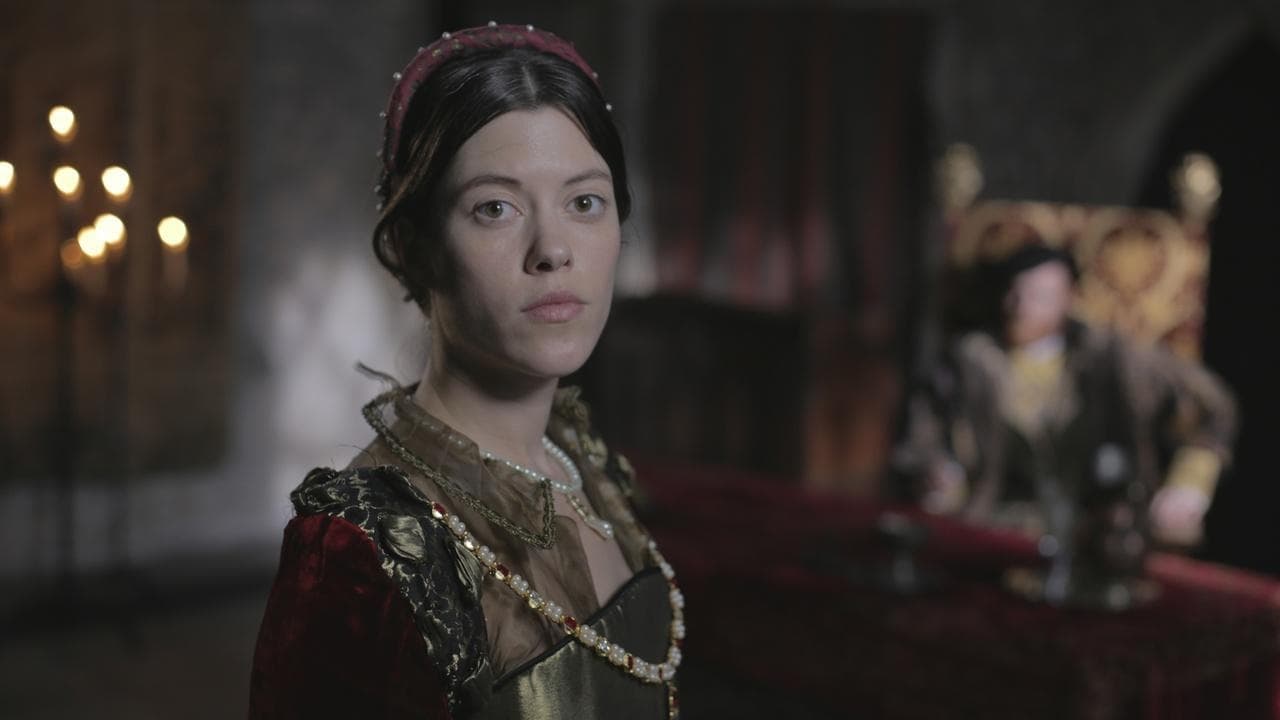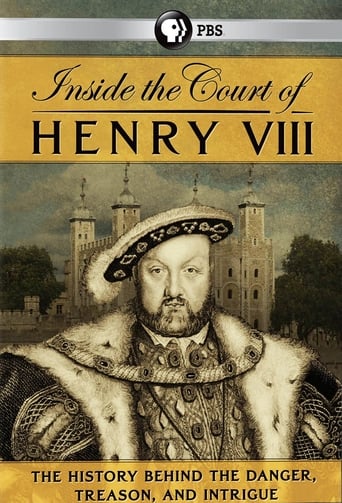

Surprisingly incoherent and boring
... View MorePlease don't spend money on this.
... View MoreI enjoyed watching this film and would recommend other to give it a try , (as I am) but this movie, although enjoyable to watch due to the better than average acting fails to add anything new to its storyline that is all too familiar to these types of movies.
... View MoreExactly the movie you think it is, but not the movie you want it to be.
... View MoreIt's not hard to find information about the period of Henry VIII and a few bits of it have found their way into this film. Mostly, though, this film is rhetoric with moving pictures. 1) They say Henry VIII's reign began with the nation in a wave of optimism similar to when President Kennedy took over in the U.S.A. in 1960. But in Henry VIII's time, literacy was only 10%. There was no radio or telegraph to carry this euphoria to far-away provinces where most labored by hand to obtain a little slack & a supply for each winter. 2) This film says 10s of thousands were executed by Henry VIII for the Pilgrimage of Grace, yet other sources say 216 were executed. If the film would be more complete and cite its sources on this and other matters, we'd feel better informed. 3) Henry VIII, we're told, had no virtues. One is tempted to go along with the film's theme, and throw tomatoes at the screen when they display their normal-looking actor in king's clothes for us, and continue their windy chorus of detraction: "He was horrible in every way. Nothing good that he did was by intention. It was all in service of his terrible motives. He is a comic book monster." The actor who plays Henry VIII is almost always caught just sitting there, barely moving, or lying on a deathbed with his oozing sores. That's the work of the king! For believing that analysis, we're given the prize of being told the USA wouldn't exist _in its present form_ if not for him. Well, that sounds like an insult to the USA, considering the context of their remark. 4) Cardinal Wolsey, we're told, was ruined by the man he'd tried to serve. We're assured that Wolsey's life was shortened by the terrible stress of betrayal by such a bad Henry. This seems a weak point when we reflect Wolsey's life was as long as the king's, and longer than the life of Pope Leo X, who was born about two years earlier than Wolsey. 5) We're told that Henry VIII considered the Pope to be the enemy of God, because the Pope wouldn't grant him a divorce. That's the motivation that is emphasized for Henry's England claiming to have its own jurisdiction in the faith. "Crazy religious people," the film seems to say. In my humble opinion, this film has too many stylish paragraphs full of repetitious rhetoric, and too little verbiage is devoted to facts & sources of facts.
... View More"Without Henry the VIII there would be no United States of America." That's where you get to in the final moments of this one hour PBS documentary. Fascinating! The entire idea of the self made man came out of this era of the early 16th century. A guy named Thomas Cromwell, who was the son of a blacksmith becomes one of the most powerful people in England. While he has the King's ear he pushes forward Parliament (no taxation without representation) and the Catholic Church's monasteries get sold off making private land available to the ordinary guy. These are concepts we take for granted right? This thing is shot on location with people in theatrical costume. I think you'll like it I learned a lot.
... View More